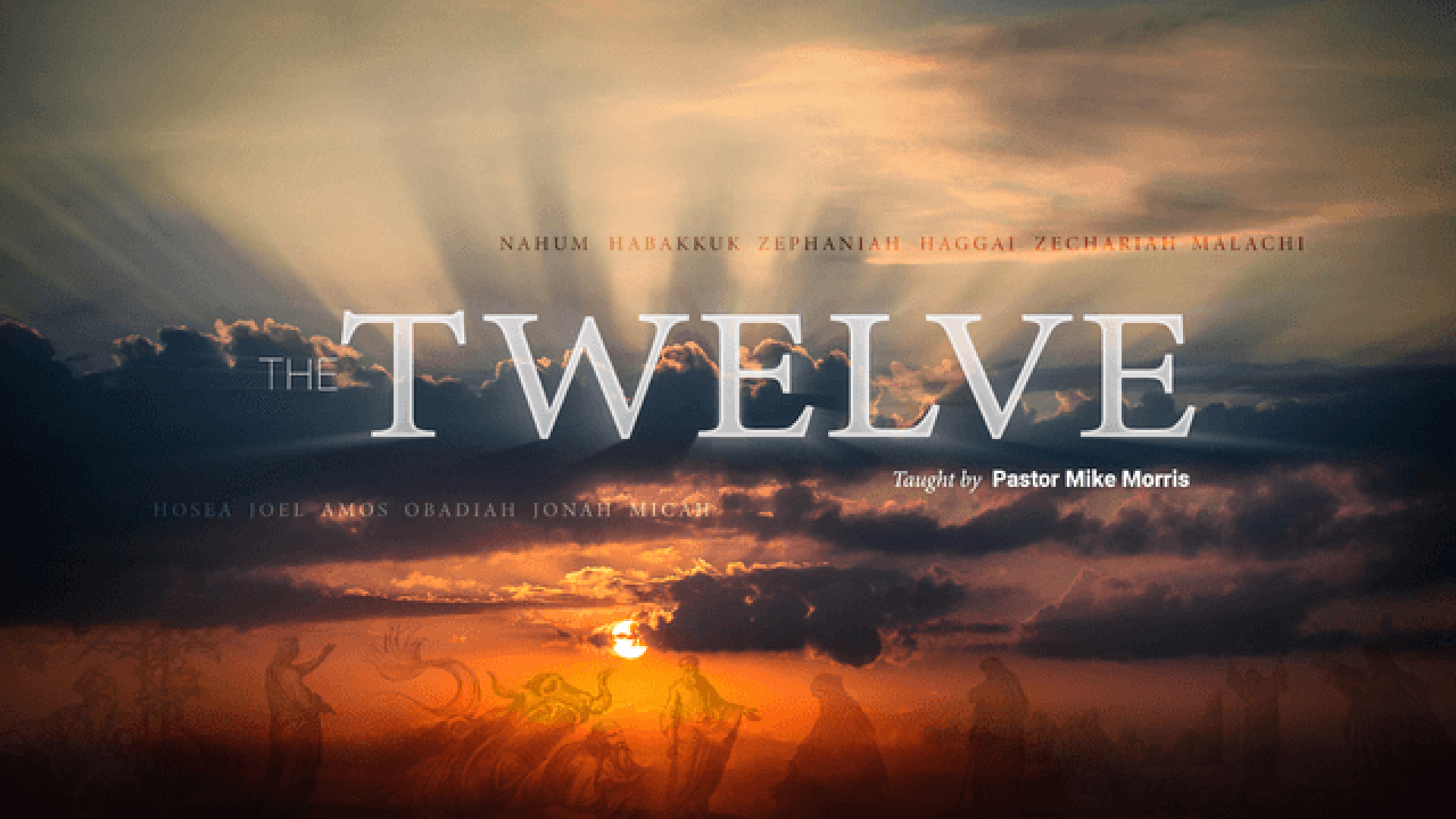Jonah | A reluctant prophet and Israel’s enemy
Jonah Overview
The Book of Jonah is one of the most well-known and unique narratives in the Old Testament. It tells the story of a reluctant prophet who is called by God to deliver a message of repentance to the city of Nineveh, the capital of Israel’s enemy, Assyria. Unlike other prophetic books, which primarily contain oracles or sermons, Jonah is a narrative centered on the prophet himself. Through Jonah’s journey, the book explores themes of obedience, repentance, divine mercy, and the universal scope of God’s compassion.
Historical Context
Jonah was a historical prophet who lived during the reign of King Jeroboam II (around the 8th century B.C.), a time of prosperity in the northern kingdom of Israel (2 Kings 14:25). The Assyrians, whose capital was Nineveh, were a rising threat and would later conquer Israel in 722 B.C. As such, Jonah’s mission to preach to the Assyrians would have been politically and personally offensive to an Israelite audience.
The book is not primarily focused on prophecy to a nation, but rather on God's dealings with His prophet—and the surprising scope of divine mercy.
Structure and Summary
The Book of Jonah is divided into four short chapters, each advancing the story in a dramatic way:
Chapter 1: Jonah Flees From God
God commands Jonah to go to Nineveh and preach against its wickedness. Instead of obeying, Jonah boards a ship heading in the opposite direction—to Tarshish, likely in modern-day Spain. His flight is a clear act of rebellion. A great storm threatens the ship, and the sailors discover that Jonah is the cause. In a surprising act of honesty, Jonah tells them to throw him overboard to calm the sea.
When they do, the sea grows calm, and the sailors worship the Lord. Meanwhile, God sends a great fish to swallow Jonah, where he remains for three days and three nights.
Chapter 2: Jonah’s Prayer From the Fish
Inside the belly of the fish, Jonah prays a poetic and heartfelt prayer of thanksgiving. He acknowledges God’s salvation and grace, recalling how he was sinking and yet God rescued him. The prayer ends with the declaration, “Salvation comes from the Lord.” God then commands the fish to vomit Jonah onto dry land.
This chapter shows Jonah beginning to understand God's mercy—not just in theory, but as something he himself has experienced.
Chapter 3: Jonah Preaches in Nineveh
God again tells Jonah to go to Nineveh. This time, Jonah obeys. He enters the city and delivers a simple message: “Forty more days and Nineveh will be overthrown.” Surprisingly, the people respond immediately with repentance. The king of Nineveh declares a fast and urges everyone to turn from evil and violence, hoping that God will relent from judgment.
God sees their genuine repentance and chooses not to bring destruction on the city. This divine mercy is one of the book’s central and most surprising moments.
Chapter 4: Jonah’s Anger and God’s Lesson
Rather than rejoicing in Nineveh’s salvation, Jonah becomes angry. He tells God that this is why he fled in the first place—because he knew God is “gracious and compassionate, slow to anger and abounding in love.” Jonah didn’t want Israel’s enemies to receive mercy.
Jonah sulks outside the city, hoping God might still destroy it. God causes a plant to grow and provide him shade, then causes it to wither. Jonah mourns the plant, and God uses this moment to teach a powerful lesson. If Jonah can pity a plant, how much more should God pity a city of over 120,000 people who “do not know their right hand from their left”—along with its animals?
The book ends with this question, leaving readers to reflect on the vastness of God’s compassion.
Key Themes
1. God’s Sovereignty – God controls the sea, the wind, the fish, the plant, and even the hearts of pagan people. His will is unstoppable.
2. Divine Mercy and Grace – God’s compassion extends not only to Israel, but even to its enemies. The book challenges narrow views of who deserves mercy.
3. Human Resistance and Obedience – Jonah’s story reveals the inner struggle of following God, especially when His commands challenge our prejudices and expectations.
4. Repentance and Forgiveness – The Ninevites' response demonstrates that no one is beyond repentance. God delights in showing mercy to the humble.
5. God’s Concern for All Nations – Jonah highlights the universal scope of God's love, not just for Israel, but for all people, even the wicked.
Conclusion
The Book of Jonah is more than a story about a man and a fish—it’s a deeply human and theological exploration of God's mercy, our resistance to grace, and the wideness of God's compassion. It challenges readers to reflect on their own attitudes toward others, especially those they may view as undeserving. In a world still grappling with division, prejudice, and justice, Jonah’s story remains powerfully relevant: God's mercy is for everyone, and His compassion reaches far beyond our limits.


